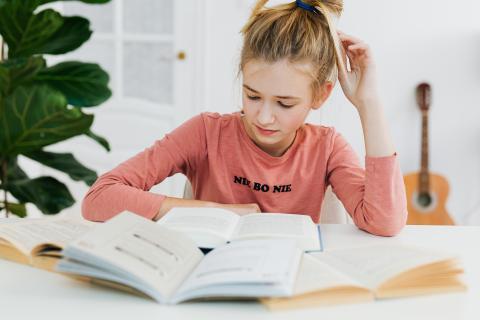Young learners
Some of the most efective ways to learn Spanish are by private tutors. One-on-one tutoring is by far the most personalized way to learn Spanish. When you utilize a Spanish tutor, you will receive individual attention, be able to work at your own pace, and learn reliable work and study habits. Learning a foreign language is an opening to other cultures.
A high-quality languages education should foster young learnersʼ curiosity and deepen their understanding of the world. The teaching helps students to express their thoughts and ideas in Spanish and to understand and answer to its speakers, both in speech and in writing. It also gives them opportunities to communicate, learn new ways of thinking and read great literature in the original language.
Language teaching should provide the foundation for learning further languages, equipping students to study and work in other countries.
KS3 Y7-Y9
Using Key Sage 3 to build towards GCSE
Teaching may be of any modern foreign language and should build on the foundations of language learning laid at key stage 2, whether pupils continue with the same language or take up a new one. Teaching should focus on developing the breadth and depth of pupilsʼ competence in listening, speaking, reading and writing, based on a sound foundation of core grammar and vocabulary. It should enable young learners to understand and communicate personal and factual information that goes beyond their immediate needs and interests, developing and justifying points of view in speech and writing, with increased spontaneity, independence and accuracy. It should provide suitable preparation for further study

KS4 Y10-Y11 GCSE
Foundation or Higher Tier
Improving grades is one of the most popular reasons to get a tutor, especially when it gets closer
to exams and tutoring will provide your child undivided attention to work through any problems.
GCSE specifications will be cumulative and progressive in content and language. They will take
account of the matters, skills and processes specified in the national curriculum programmes of
study for key stages 2 and 3. They will also build on the foundation of core grammar and
vocabulary outlined in the programmes of study for key stages 2 and 3, increasing the level of
linguistic and cognitive demand.

